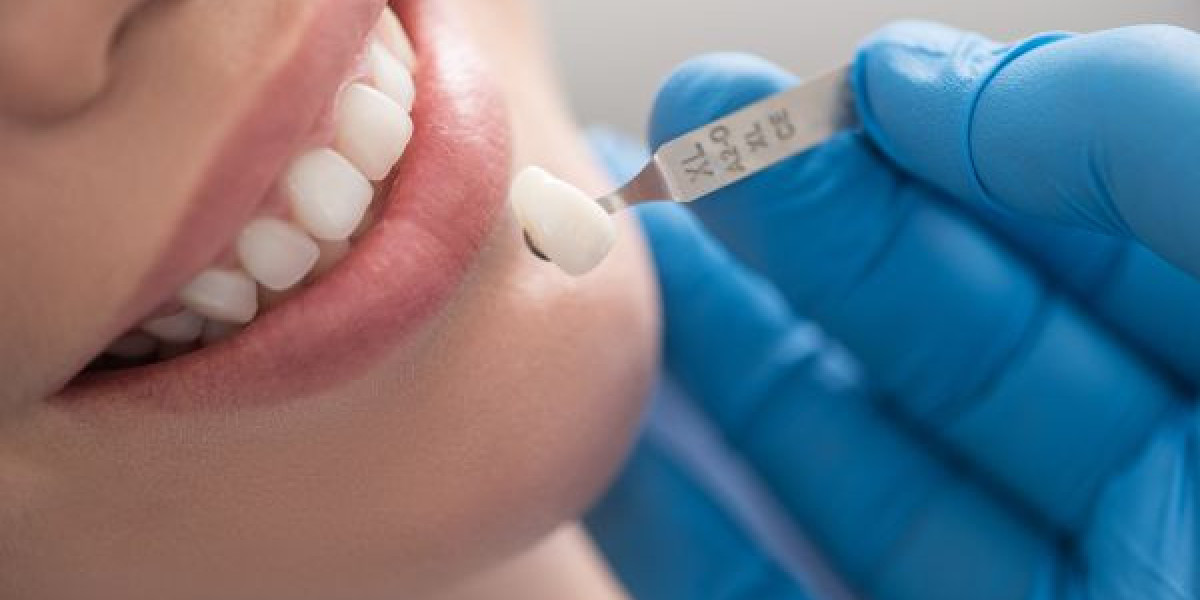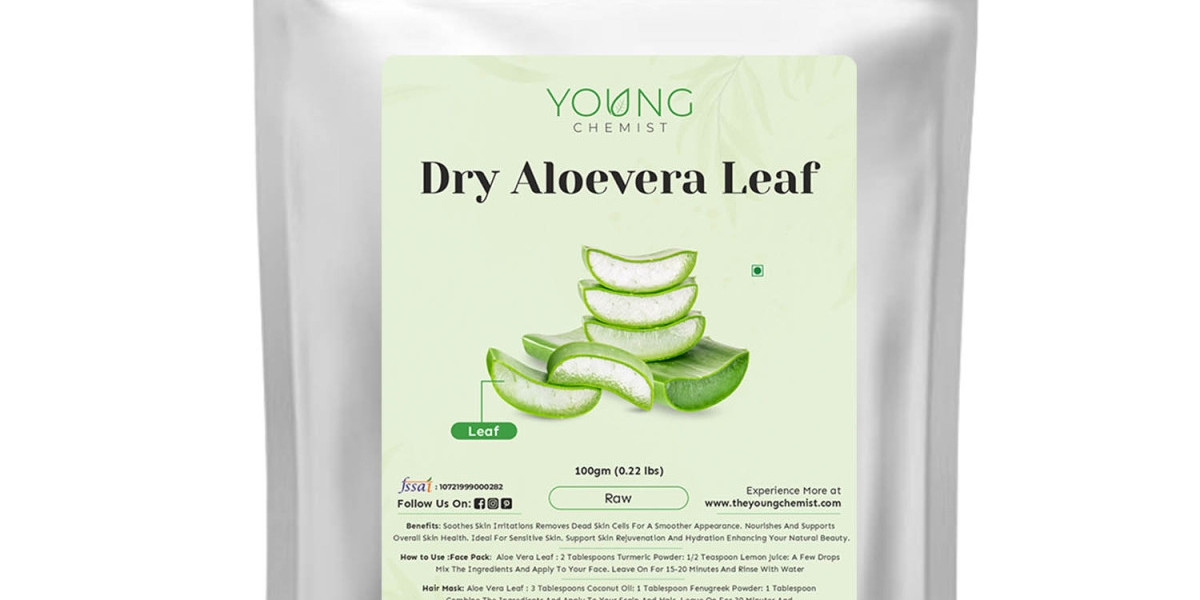Dental veneers have long been a popular choice for those seeking to enhance their smiles. Traditionally made from porcelain or composite resin, these cosmetic enhancements offer a durable, aesthetically pleasing solution to imperfections like chips, discoloration, and gaps. However, as the demand for sustainable and environmentally conscious practices grows, innovations in dental materials and manufacturing processes are paving the way for more eco-friendly veneers. In this article, we explore the sustainability of modern dental veneers in Dubai and the eco-friendly innovations shaping the future of smile makeovers.
The Growing Demand for Sustainable Practices in Dentistry:
As more people become aware of their environmental impact, the demand for eco-friendly solutions has reached every corner of society, including dentistry. Dental professionals in Dubai and around the world are starting to implement greener practices, ensuring that their services contribute to a healthier planet. When it comes to dental veneers, sustainability plays a crucial role in both the materials used and the manufacturing processes involved.
Eco-Friendly Materials for Dental Veneers:
The materials used to create dental veneers are critical to their environmental footprint. Traditional porcelain and composite materials are durable and effective, but they are not always the most eco-conscious options. In recent years, however, dental professionals have turned to more sustainable alternatives that offer similar performance while reducing environmental harm.
1. Biodegradable Materials:
Recent innovations have introduced biodegradable materials as a viable option for veneers. These materials break down naturally over time, making them a more sustainable choice compared to traditional porcelain or composite resin. Biodegradable veneers are an exciting step forward in the quest for environmentally friendly dental solutions.
2. Recycled Porcelain Veneers:
Another eco-friendly option gaining traction is the use of recycled porcelain. By reprocessing porcelain waste and using it in new veneers, dental professionals are reducing the need for virgin materials. This helps cut down on waste and reduces the overall environmental impact of the veneer production process. Recycled porcelain veneers offer the same durability and aesthetic appeal as traditional porcelain veneers, with the added benefit of being a more sustainable choice.
3. Natural and Non-Toxic Resin Composites:
Composites made from natural, non-toxic resins are increasingly being used in the creation of dental veneers. These materials are derived from renewable sources, making them a more sustainable option compared to synthetic materials. Additionally, non-toxic resins are better for both patients and the environment, as they contain fewer harmful chemicals.
Manufacturing Innovations: Reducing Environmental Impact:
In addition to using sustainable materials, the manufacturing process of dental veneers is also evolving to be more eco-friendly. Dental labs and clinics are adopting green practices that minimize waste, reduce energy consumption, and cut down on harmful emissions. Here are some of the key innovations in veneer manufacturing:
1. 3D Printing Technology:
3D printing is revolutionizing many industries, including dentistry. By using 3D printing technology to create dental veneers, dental professionals can significantly reduce waste and energy consumption. Traditional methods of crafting veneers often require the removal of large amounts of material, which results in excess waste. 3D printing, on the other hand, uses a precise, layer-by-layer approach to create veneers, ensuring minimal material waste and a more efficient process overall.
2. Digital Impressions:
The use of digital impressions is another sustainable innovation in veneer production. Digital impressions eliminate the need for traditional molds that can be both messy and wasteful. Instead, advanced imaging technology is used to create accurate, 3D representations of the patient’s teeth, which are then used to craft custom veneers. This process not only saves time but also reduces the use of harmful chemicals and materials.
3. Energy-Efficient Production:
Many dental labs are investing in energy-efficient equipment that reduces their carbon footprint. From low-energy curing lights to energy-saving machinery, these advancements help minimize the environmental impact of veneer production. By using less energy and reducing waste, these labs are contributing to a more sustainable dental industry.
The Lifespan and Durability of Eco-Friendly Veneers:
One of the key benefits of dental veneers, including eco-friendly options, is their longevity. Modern veneers are designed to last for many years, often up to 15 years or more with proper care. This extended lifespan makes them an environmentally friendly choice in the long run, as they reduce the need for frequent replacements. Additionally, the durability of these materials means that patients can enjoy beautiful, functional smiles without contributing to significant waste.
How to Care for Sustainable Dental Veneers:
Proper care and maintenance of your dental veneers can help ensure that they last as long as possible, further enhancing their sustainability. Here are some essential tips for keeping your eco-friendly veneers in top condition:
1. Regular Brushing and Flossing:
Like natural teeth, veneers should be brushed and flossed regularly to prevent plaque buildup and maintain their appearance. Using a non-abrasive toothpaste will help preserve the surface of the veneers and prevent scratches. Flossing is essential to clean between your veneers and natural teeth, ensuring that your entire smile remains healthy.
2. Avoiding Harmful Habits:
To prolong the lifespan of your veneers, it’s important to avoid habits that can cause damage. Biting down on hard objects, grinding your teeth, or using your teeth as tools can put unnecessary stress on your veneers, potentially leading to cracks or chips.
3. Regular Dental Checkups:
Visit your dentist regularly to monitor the condition of your veneers and address any issues early. Routine checkups allow your dentist to spot any signs of wear and tear and make any necessary adjustments. This proactive approach will help you maintain the longevity of your veneers.
Why Choose Eco-Friendly Veneers in Dubai:
Dubai is at the forefront of dental innovation, and as a result, many dental clinics are now offering eco-friendly veneer options. Patients in Dubai are increasingly seeking sustainable alternatives for their cosmetic dental procedures, aligning with the city’s growing commitment to sustainability. Choosing eco-friendly veneers not only contributes to a healthier smile but also supports a greener, more sustainable future for dentistry.
The Future of Dental Veneers:
As sustainability continues to be a priority, the future of dental veneers looks promising. Innovations in material science and manufacturing techniques are making it possible to create even more environmentally friendly solutions. With advancements such as biodegradable materials, 3D printing, and energy-efficient production, the next generation of dental veneers will be both functional and eco-conscious.
Conclusion:
The sustainability of modern dental veneers is becoming an increasingly important consideration for patients seeking to improve their smiles. With innovations such as biodegradable materials, recycled porcelain, and energy-efficient production, dental veneers are evolving into a more environmentally friendly solution. As the dental industry continues to embrace sustainable practices, patients in Dubai can enjoy the benefits of a beautiful, functional smile while contributing to a healthier planet. By opting for eco-friendly veneers, you’re making a small investment in both your future and the future of the environment.
Readmore about: Dental Veneers: A Small Investment for a Lifetime of Smiles









